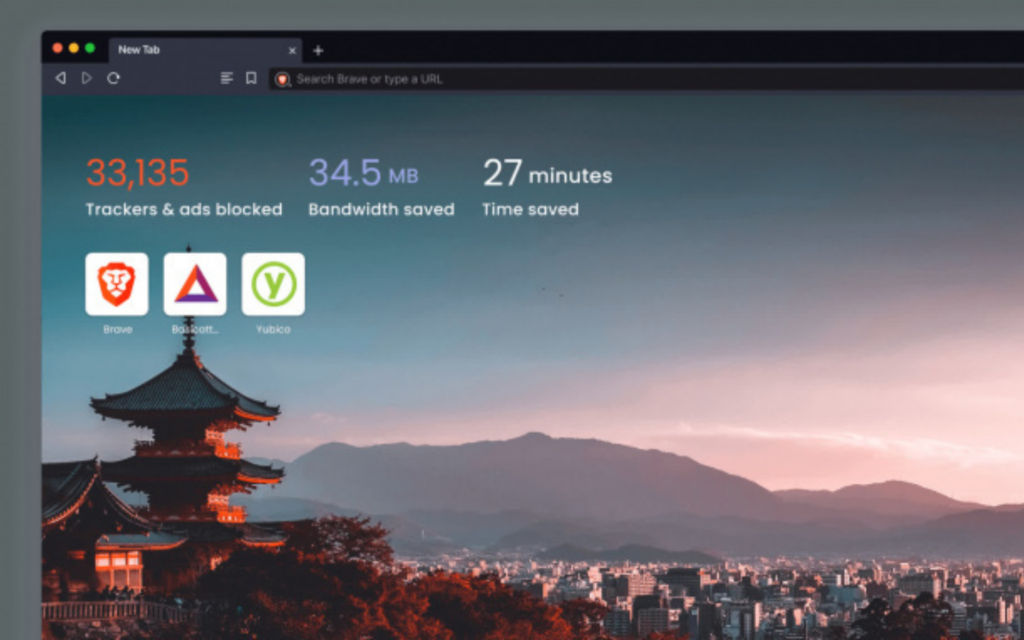Brave Browser Now Bypasses Google’s AMP Pages


The brave browser will now automatically redirect all AMP links toward publisher URLs.
Brave aims at eliminating AMP from its browser using a new feature called DeAMP. This ensures that users visit the URLs of publishers instead of Google’s.
De-AMP will be available by default in Brave’s Android and desktop browsers, versions 1.38 and 1.39. Plans are to add it to iOS shortly.
Brave’s team believes that users would prefer to use AMP without it. They claim that it compromises privacy and makes for a less enjoyable experience.
An announcement by the Brave States:
“AMP damages users’ privacy, security, and internet experience. AMP also helps Google further monopolize, control, and direct the Web.”
De-AMP “protects” users by stopping the execution of AMP HTML and sending visitors directly to the publisher’s websites.
Brave explains why De-AMP makes web surfing safer in a blog post.
How Brave’s De-AMP Feature works
Brave’s brand new feature will neutralize AMP by two essential methods:
- To prevent users from visiting AMP pages, rewrite URLs and links.
- You can redirect users away from AMP pages before rendering the page. This will stop the code from being executed.
De-AMP will frequently modify fetched pages linking to AMP pages, such as Google’s search results.
These pages can be edited within the browser to have all AMP hyperlinks rewritten with the publisher’s URLs.
Brave will also look for AMP HTML Markup when pages load and load the URL version from the publisher if AMP HTML is detected.
Brave’s current debouncing feature will be extended to allow Brave to detect AMP URLs about to become visited and redirect to the publisher’s version.
Why is AMP Harmful? (According to Brave)
Brave’s arguments that AMP is harmful to users are:
- Privacy AMP lets Google see what pages are viewed on the internet and how they are interacted with.
- Security – Users believe they interact with the publisher’s website, but they are still under Google’s control.
- Monopolization AMP serves web content from Google’s servers. Brave argues that this bolsters Google’s monopoly over the Web.
- Usability Brave claims that AMP can make pages more slow and difficult to use.
Too Little, Too Late?
Although it’s remarkable that Brave has gone to such great lengths to stop AMP pages from being published, one cannot help but wonder about the timing.
Google’s efforts have led to a decline in AMP usage over the years.
Google News, for example, now directs users to publisher websites rather than AMP pages.
The Top Stories carousel, which was previously only AMP-based, now includes regular HTML pages.
Google has stopped highlighting AMP pages using the lightning bolt icon within search results.
This means that users have fewer chances to land on an AMP page these days than they did in previous years. It makes this update feel rushed.
It is a farther nail in the coffin of a page technology that is falling out favor everywhere on the internet.

